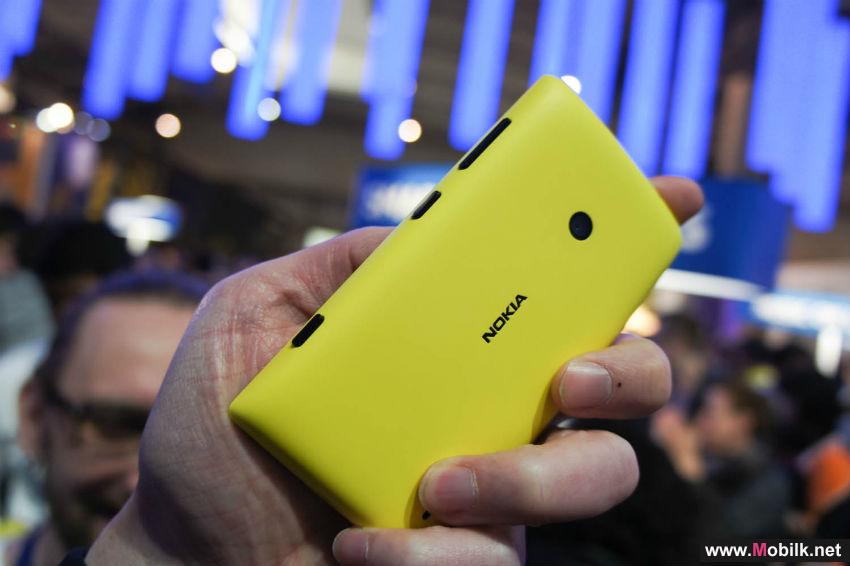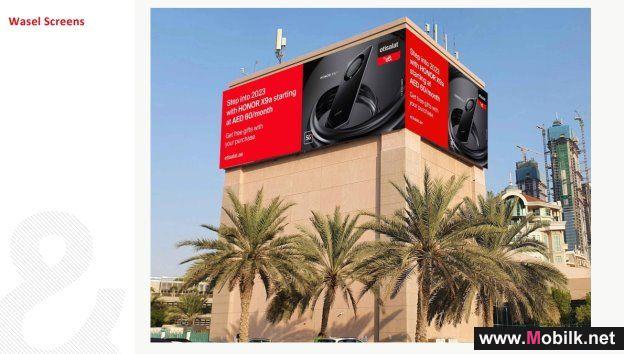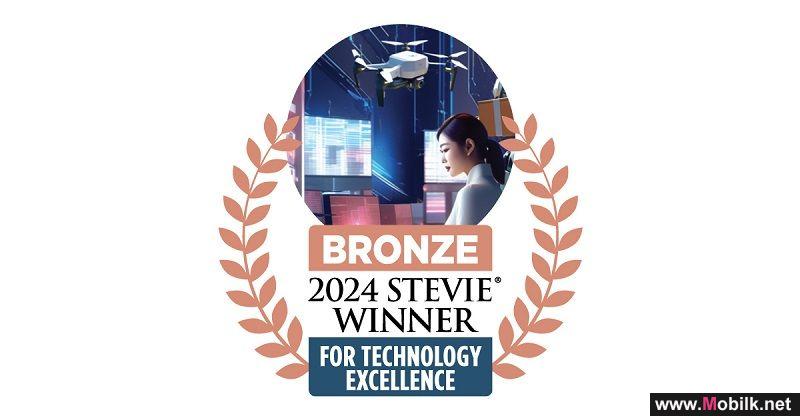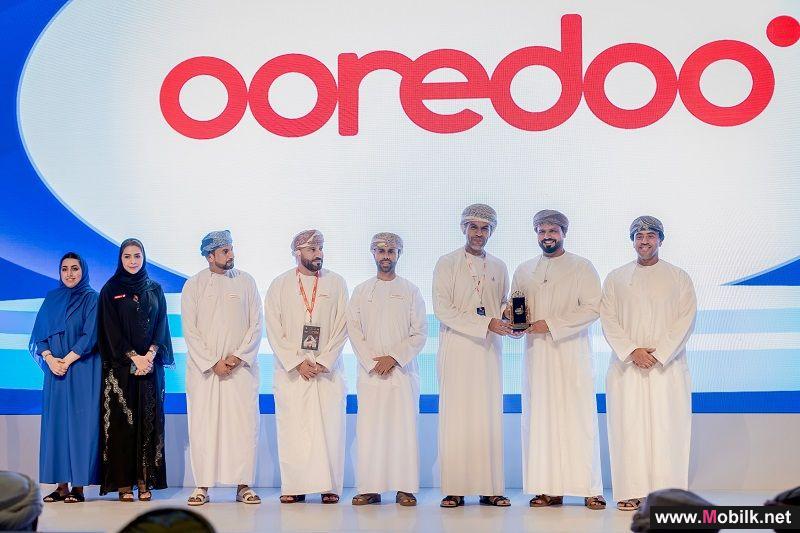LG Electronics and Nokia Technologies agree on smartphone patent license
Mobilk - LG Electronics has agreed to take a royalty-bearing smartphone patent license from Nokia Technologies. The Korean company is the latest of more than 60 licensees for Nokias 2G, 3G and 4G mobile communication technologies and the first major smartphone manufacturer to join the licensing program since Nokia divested its Devices & Services business to Microsoft in 2014.
"We are pleased to welcome LG Electronics to our licensing program," said Ramzi Haidamus, President of Nokia Technologies. "Weve worked constructively with LG Electronics and agreed a mutually beneficial approach, including the use of independent arbitration to resolve any differences. This agreement sets the scene for further collaboration between our companies in future."
The detailed royalty payment obligations will be subject to commercial arbitration, expected to conclude within a 1-2 year timeframe. Other terms of the agreement remain confidential between the two companies.
RISKS AND FORWARD-LOOKING STATEMENTS
It should be noted that Nokia and its businesses are exposed to various risks and uncertainties and certain statements herein that are not historical facts are forward-looking statements, including, without limitation, those regarding: A) expectations, plans or benefits related to Nokias strategies; B) expectations, plans or benefits related to future performance of Nokias businesses Nokia Networks, HERE and Nokia Technologies; C) expectations, plans or benefits related to changes in our management and other leadership, operational structure and operating model; D) expectations regarding market developments, general economic conditions and structural changes; E) expectations and targets regarding performance, including those related to market share, prices, net sales and margins; F) timing of the deliveries of our products and services; G) expectations and targets regarding our financial performance, operating expenses, taxes, cost savings and competitiveness, as well as results of operations; H) expectations and targets regarding collaboration and partnering arrangements; I) outcome of pending and threatened litigation, arbitration, disputes, regulatory proceedings or investigations by authorities; J) expectations regarding restructurings, investments, uses of proceeds from transactions, acquisitions and divestments and our ability to achieve the financial and operational targets set in connection with any such restructurings, investments, divestments and acquisitions, including any expectations, plans or benefits related to or caused by the transaction where Nokia sold substantially all of its Devices & Services business to Microsoft on April 25, 2014; and K) statements preceded by or including "believe," "expect," "anticipate," "foresee," "sees," "target," "estimate," "designed," "aim," "plans," "intends," "focus," "continue," "project," "should," "will" or similar expressions.
These statements are based on the managements best assumptions and beliefs in light of the information currently available to it. Because they involve risks and uncertainties, actual results may differ materially from the results that we currently expect. We describe the risks and uncertainties that affect the Nokia Group or are relevant to all Nokia businesses at the beginning of this section and provide towards the end information on additional risks that are primarily related to the individual Nokia businesses: Nokia Networks, HERE and Nokia Technologies. Factors, including risks and uncertainties that could cause such differences include, but are not limited to: 1) our ability to identify market trends and business opportunities to select and execute strategies successfully and in a timely manner, and our ability to successfully adjust our operations and operating models; 2) our ability to sustain or improve the operational and financial performance of our businesses and correctly identify or successfully pursue new business opportunities; 3) our dependence on general economic and market conditions; 4) our exposure to regulatory, political or other developments in various countries or regions; 5) our ability to invent new relevant technologies, products and services, to develop and maintain our intellectual property portfolio and to maintain the existing sources of intellectual property related revenue and establish new such sources; 6) our ability to protect our intellectual property rights and defend against third-party infringements and claims that we have infringed third parties intellectual property rights, as well as increased licensing costs and restrictions on our ability to use certain technologies; 7) the potential complex tax issues, tax disputes and tax obligations we may face, including the obligation to pay additional taxes in various jurisdictions and our actual or anticipated performance, among other factors, which could reduce our ability to utilize deferred tax assets; 8) our ability to retain, motivate, develop and recruit appropriately skilled employees; 9) the performance of the parties we partner and collaborate with, as well as that of our financial counterparties, and our ability to achieve successful collaboration or partnering arrangements; 10) exchange rate fluctuations, particularly between the euro, which is our reporting currency, and the US dollar, the Japanese yen and the Chinese yuan, as well as certain other currencies; 11) the impact of unfavorable outcome of litigation, arbitration, contract-related disputes or allegations of health hazards associated with our businesses; 12) any inefficiency, malfunction or disruption of a system or network that our operations rely on or any impact of a possible cybersecurity breach; 13) our ability to achieve targeted benefits from or successfully implement planned transactions, such as acquisitions, divestments, mergers or joint ventures, and manage unexpected liabilities related thereto; 14) our ability to manage our operating expenses and reach targeted results through efforts aimed at improving our financial performance, for instance through cost savings and other efforts aimed at increased competitiveness; 15) our ability to optimize our capital structure as planned and re-establish our investment grade credit rating; 16) Nokia Networks ability to execute its strategy or to effectively and profitably adapt its business and operations in a timely manner to the increasingly diverse needs of its customers in the mobile broadband infrastructure and related services market or to such technological developments; 17) Nokia Networks ability to effectively and profitably invest in new competitive high-quality products, services, upgrades and technologies and bring them to market in a timely manner; 18) Nokia Networks dependence on a limited number of customers and large multi-year agreements and adverse effects as a result of further operator consolidation; 19) Nokia Networks ability to manage our manufacturing, service creation and delivery, as well as our logistics efficiently and without interruption; 20) Nokia Networks dependence on a limited number of suppliers, who may fail to deliver sufficient quantities of fully functional products and components or deliver timely services meeting our customers needs; 21) adverse developments with respect to customer financing or extended payment terms Nokia Networks provides to customers; 22) the intense competition HERE faces and its ability to effectively and profitably invest in new competitive high-quality services and data and bring these to market in a timely manner or adjust its operations efficiently; 23) HEREs dependence on the overall automotive market developments and customer business conditions; 24) HEREs dependence, especially with respect to sales to the automotive industry, on a limited number of customers and large multi-year agreements; 25) Nokia Technologies ability to maintain its existing sources of intellectual property related revenue or establish new sources; 26) Nokia Technologies dependence on a limited number of key licensees that contribute proportionally significant patent licensing income, including the outcome of the binding arbitration with Samsung expected in 2015; 27) Nokia Technologies dependence on adequate regulatory protection for patented or other propriety technologies; and 28) Nokia Technologies ability to execute its plans through business areas such as technology licensing, licensing the Nokia brand and other business ventures including technology innovation and incubation, as well as the risk factors specified on pages 74 to 89 of Nokias latest annual report on Form 20-F under "Operating and Financial Review and Prospects-Risk factors" and in our Interim Report issued on April 30, 2015. Other unknown or unpredictable factors or underlying assumptions subsequently proven to be incorrect could cause actual results to differ materially from those in the forward-looking statements. Nokia does not undertake any obligation to publicly update or revise forward-looking statements, whether as a result of new information, future events or otherwise, except to the extent legally required.
Phones & Tablets
Samsung Electronics announced that its Galaxy S23 Series, which launched for sale globally on 17 February, recorded higher sales worldwide than the..
Phones & Tablets
HONOR is hitting the scene once again with its latest offering, the HONOR X9a and in partnership with Etisalat by e&. This time, the global..
Phones & Tablets
Huawei Technologies Co., Ltd., a leading global provider of information and communications technology (ICT) infrastructure, announced the successful..

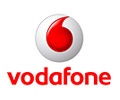 Vodafone Oman
Vodafone Oman Emirates Telecom
Emirates Telecom 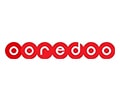 Ooredoo Om
Ooredoo Om Ooredoo Qa
Ooredoo Qa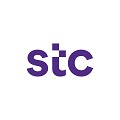 stc Bahrain
stc Bahrain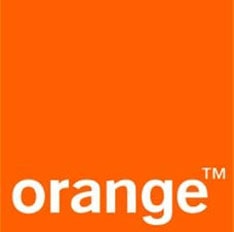 Orange Egypt
Orange Egypt Mobily
Mobily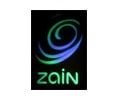 Zain Jo
Zain Jo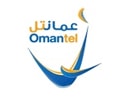 omantel
omantel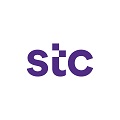 STC
STC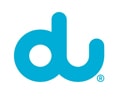 Emirates Du
Emirates Du Asiacell
Asiacell Etisalat Egypt
Etisalat Egypt  Telecom Egypt
Telecom Egypt jawwal
jawwal Orange Jo
Orange Jo Umniah
Umniah Zain Sa
Zain Sa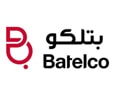 Bahrain Batelco
Bahrain Batelco Zain Bh
Zain Bh Wataniya palestine
Wataniya palestine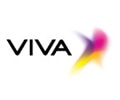 Kuwait Viva
Kuwait Viva  Zain Kw
Zain Kw Vodafone Qa
Vodafone Qa MTN Syria
MTN Syria Syriatel
Syriatel Sabafon
Sabafon Zain Iq
Zain Iq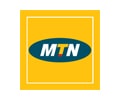 MTN Yemen
MTN Yemen Ooredoo Kw
Ooredoo Kw Vodafone Egypt
Vodafone Egypt 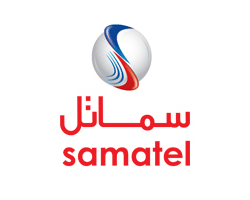 Samatel
Samatel Huawei
Huawei Samsung
Samsung MOTOROLA
MOTOROLA Lenovo
Lenovo Alcatel
Alcatel LG
LG Nokia
Nokia Sony Ericsson
Sony Ericsson HTC
HTC BlackBerry
BlackBerry Siemens
Siemens Acer
Acer Sony
Sony Asus
Asus VK
VK APPLE
APPLE BenQ-Siemens
BenQ-Siemens Sagem
Sagem Eten
Eten HP
HP Panasonic
Panasonic Amoi
Amoi Toshiba
Toshiba Sharp
Sharp Sonim
Sonim Bird
Bird Mitac
Mitac Philips
Philips Vertu
Vertu Pantech
Pantech Micromax
Micromax Maxon
Maxon Haier
Haier I-mate
I-mate Gigabyte
Gigabyte I-mobile
I-mobile Kyocera
Kyocera BenQ
BenQ Microsoft
Microsoft Telit
Telit Connect
Connect Sendo
Sendo Mitsubishi
Mitsubishi SEWON
SEWON NEC
NEC DELL
DELL Thuraya
Thuraya Neonode
Neonode Be
Be Qtek
Qtek Bosch
Bosch Palm
Palm MWG
MWG Fujitsu Siemens
Fujitsu Siemens XCute
XCute WND
WND INQ
INQ O2
O2 Innostream
Innostream Benefon
Benefon Google
Google



